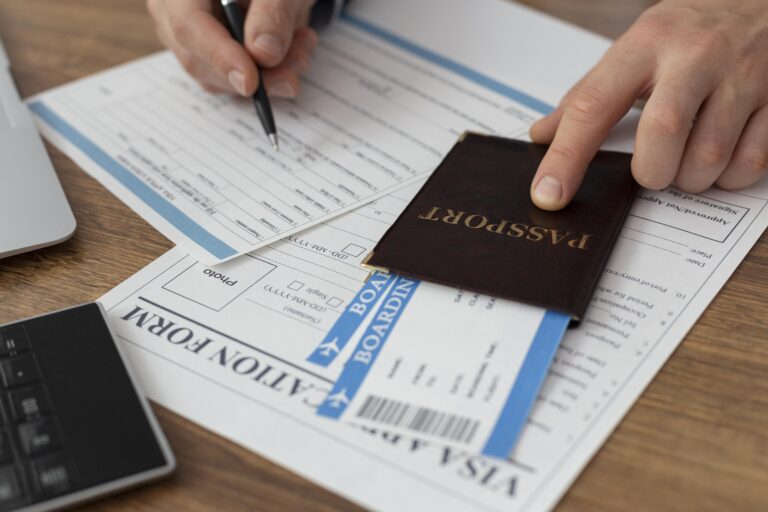Imagine you’re a foreign national who has never lived in the United States. You’re opening a new savings account at your local bank, and the clerk suddenly hands you a form asking whether you’re a U.S. person for tax purposes. Confused, you ask why, and they mention something called FATCA.
If that sounds familiar, you’re not alone. Every year, thousands of people worldwide are caught off guard by the Foreign Account Tax Compliance Act (FATCA) — a U.S. law with global reach. Whether you’re a dual citizen, a green card holder, or even a foreign investor with U.S. connections, FATCA can affect how your financial accounts are reported and taxed. In this guide, we’ll explain what is FATCA? Who does it affect? And how to stay compliant.
What Is FATCA?
The Foreign Account Tax Compliance Act (FATCA) is a U.S. tax law passed in 2010 to combat offshore tax evasion. It requires foreign financial institutions (FFIs) to report information about accounts held by U.S. taxpayers. Or foreign entities with substantial U.S. ownership to the Internal Revenue Service (IRS). But FATCA’s reach goes beyond U.S. citizens — it affects foreigners in surprising ways.
Who Does FATCA Affect?
FATCA doesn’t just target American expats. It also impacts:
- Foreign nationals who hold joint accounts with U.S. persons
- Foreign investors with U.S.-based income
- Foreigners married to U.S. citizens
- Green-card holders living outside the U.S.
- Foreign entities (e.g., companies, trusts) with U.S. ownership
Even if you don’t owe U.S. taxes, FATCA may still require your bank or investment firm to share your account information with the IRS.
What Are Foreign Financial Institutions Required to Do?
Under FATCA, FFIs are obligated to:
- Identify and document U.S. account holders
- Report specific account information (like balances, interest, and dividends) to the IRS or your country’s tax authority
- Withhold 30% of certain U.S.-source payments to account holders who refuse to comply
More than 100 countries have signed intergovernmental agreements (IGAs) with the U.S., making FATCA compliance a global norm. This is why your local bank might ask you for a W-9 form (for U.S. persons) or a W-8BEN (for non-U.S. persons).
What Are the FATCA Requirements for Foreigners?
If you’re a foreigner with no ties to the U.S., you may only need to confirm that fact with your bank. However, if you meet any of the following conditions, you may have reporting obligations:
- You’re a dual citizen or a U.S. green card holder
- You’ve spent significant time in the U.S. and meet the substantial presence test
- You own or invest in a foreign entity with U.S. ownership
- You receive U.S.-source income through dividends, interest, or royalties
Even if you’re not a U.S. taxpayer, FATCA may require documentation to prove your foreign status.
How to Stay Compliant
If FATCA applies to you, here are steps you can take to stay on the right side of the law:
- Determine your U.S. tax status – Are you considered a U.S. person?
- Provide the correct IRS forms – Usually a W-9 (if you’re a U.S. person) or a W-8BEN (if you’re not).
- Consult a cross-border tax professional – FATCA compliance is complex and varies by situation.
- Keep your documentation updated – Banks may request forms every few years.
FATCA for foreigners can be confusing, especially if you’re not even sure why the IRS would care about your account. But as global financial transparency increases, it’s important to understand how U.S. tax laws might intersect with your financial life, even outside the U.S.
Need Help Navigating FATCA?
At Zaouk CPA, we specialize in helping foreigners, expats, dual citizens, and investors handle cross-border tax issues with clarity and confidence. Whether you’re filing U.S. tax forms, proving your foreign status, or unsure where you stand, we’re here to help. Book a consultation today and enjoy professional services that range from basic tax filing to helping you set up a financial strategy for your business.






